Think your favorite brands are helping the planet? Think again. Here’s the truth on how some big names got busted for pretending to be environmentally friendly.
#1. Volkswagen Emissions Scandal
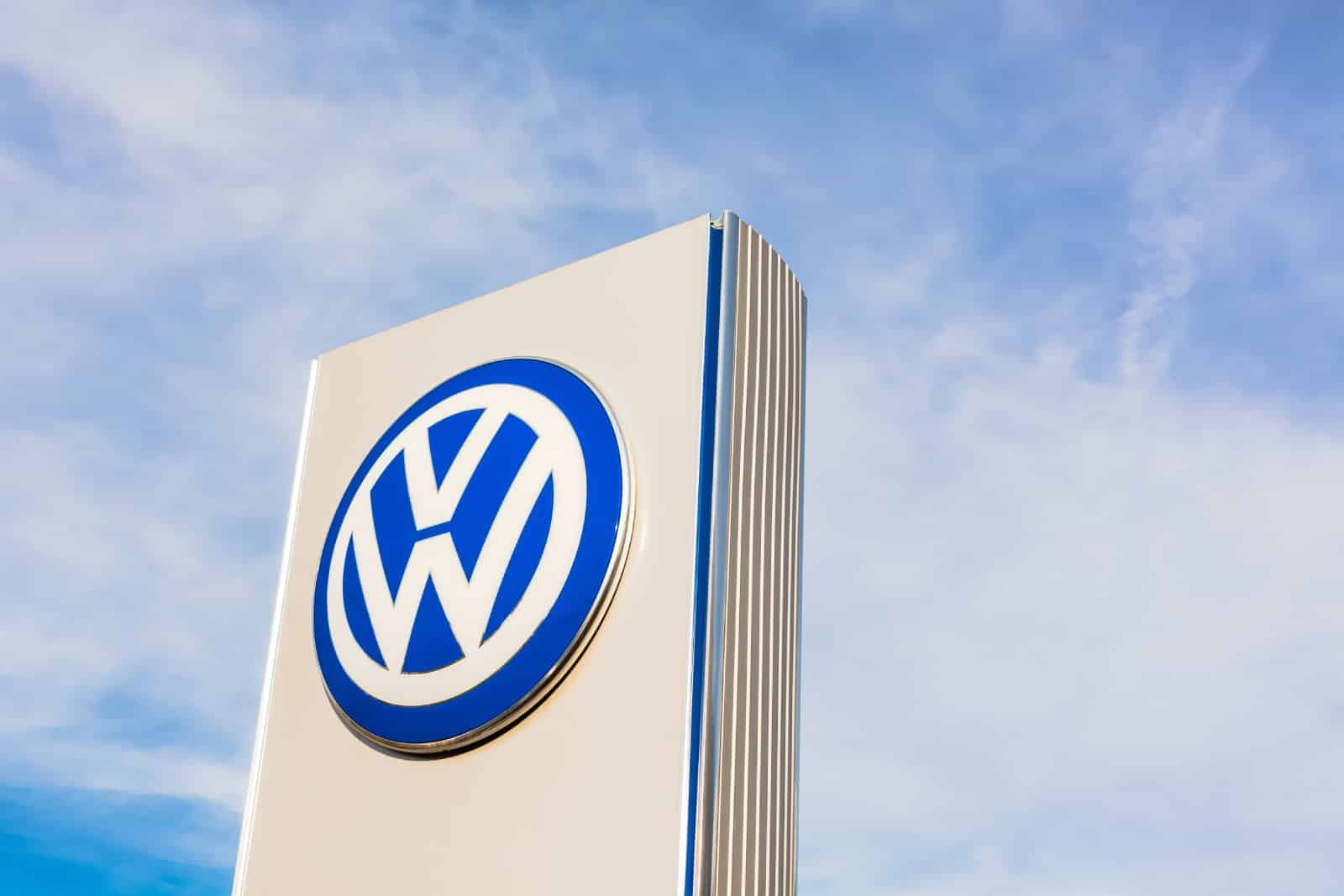
Volkswagen famously rigged millions of diesel engines to cheat on emissions tests, claiming they were eco-friendly while polluting far beyond legal limits.
#2. H&M’s Recycling Campaign
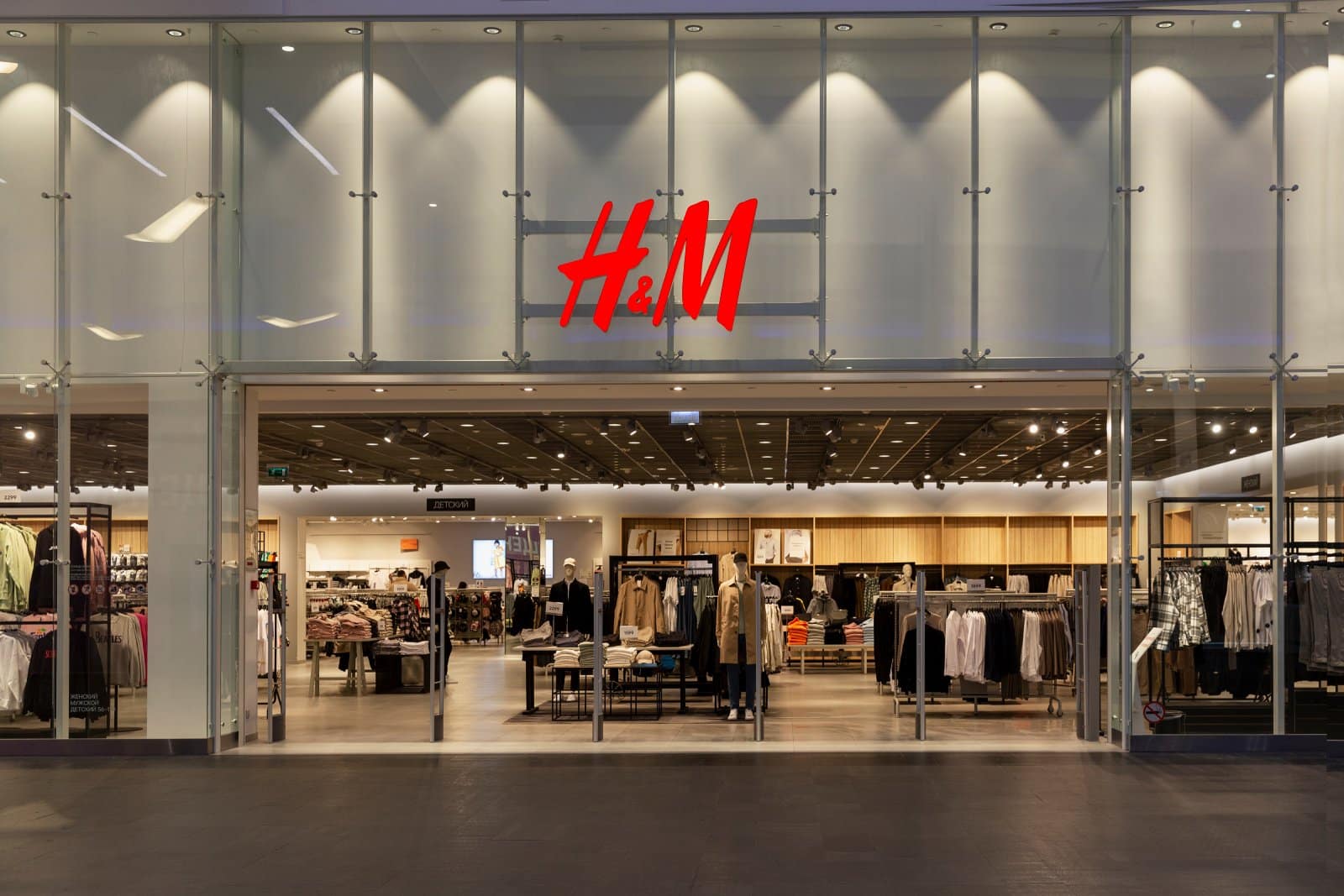
While H&M promotes its garment recycling program, investigations have shown that less than 1% of collected clothes are actually recycled into new garments.
#3. Nestlé’s False Water Claims
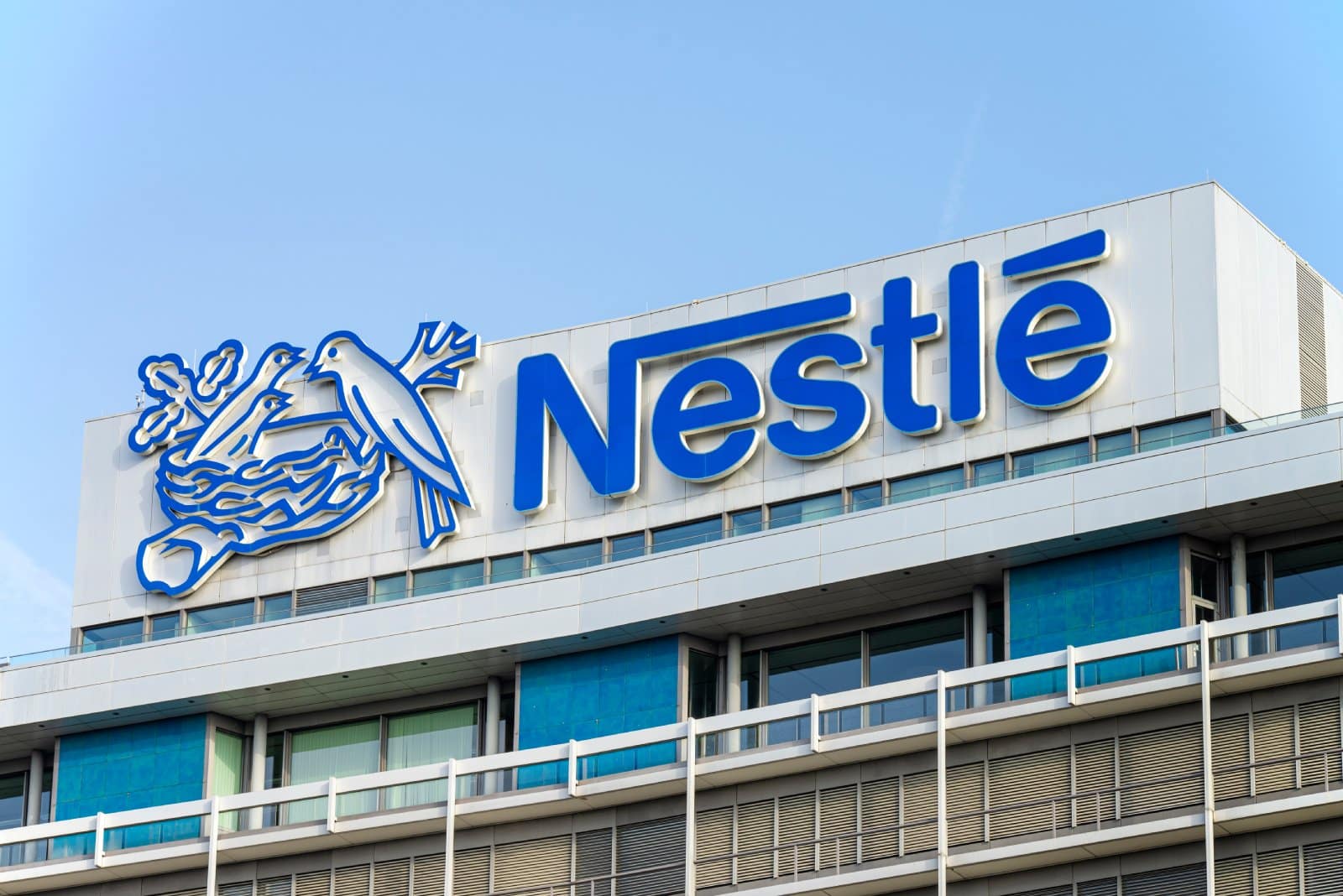
Nestlé has been criticized for promoting bottled water as environmentally responsible, despite the significant waste and environmental damage caused by plastic bottles.
#4. Chevron’s “We Agree” Campaign

Chevron launched a green PR campaign while simultaneously fighting against environmental laws and being involved in multiple pollution lawsuits.
#5. Walmart Organic Labeling
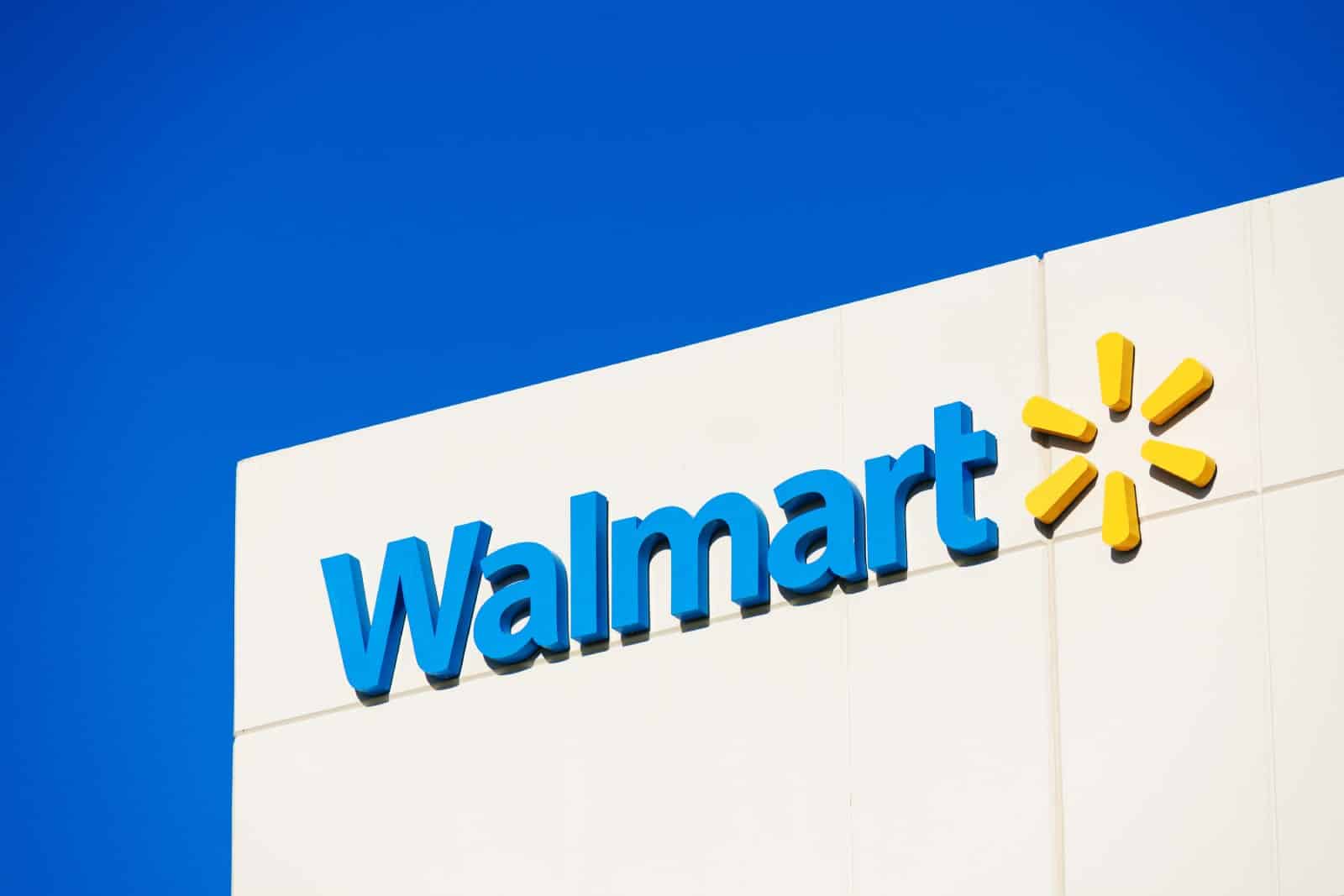
Walmart faced penalties for mislabeling conventional products as organic, misleading customers looking for environmentally friendly options.
#6. ExxonMobil’s Climate Change Denial
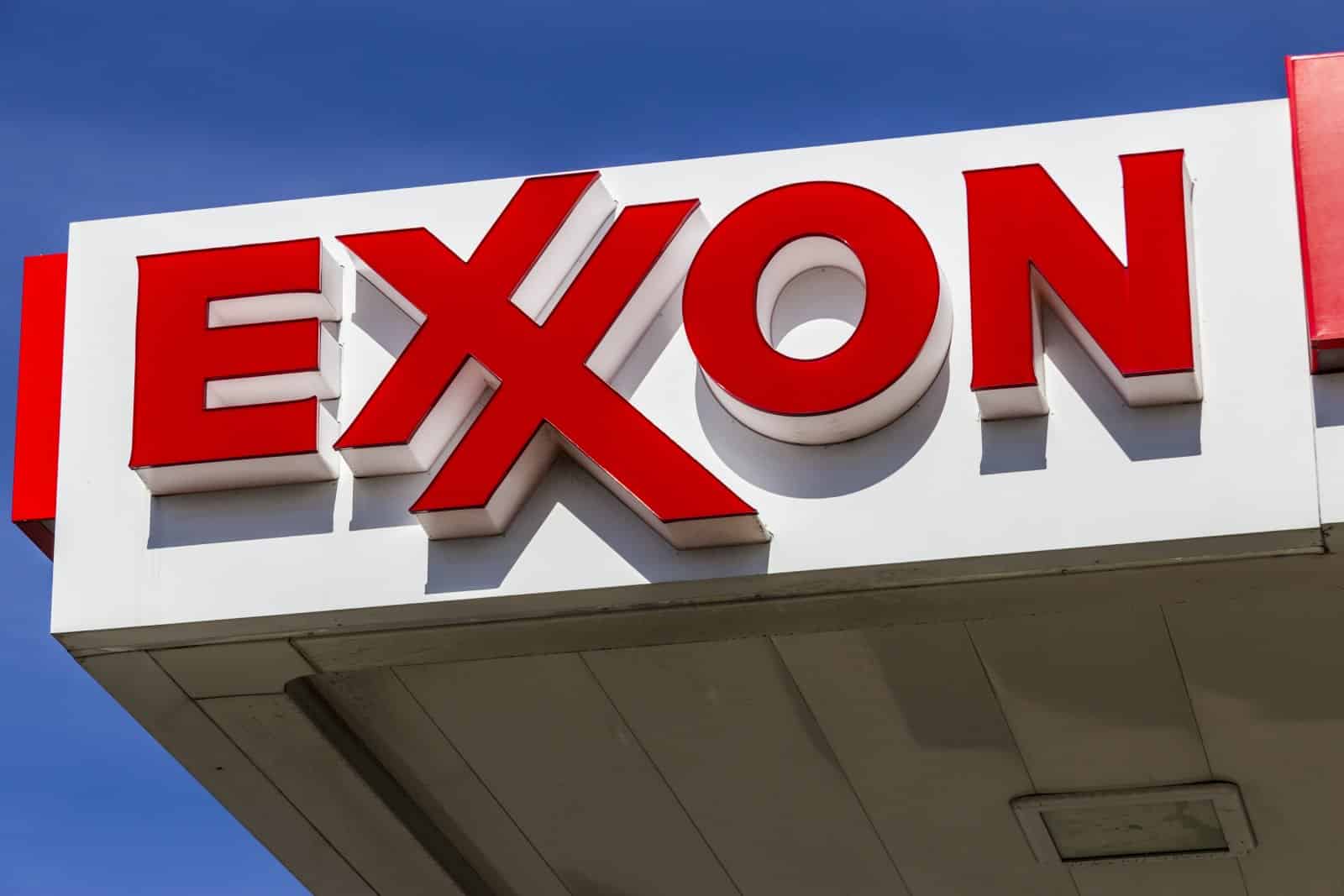
Despite its public green initiatives, ExxonMobil has been exposed for funding research and PR efforts to deny climate change and delay environmental regulations.
#7. Starbucks Paper Cup Controversy
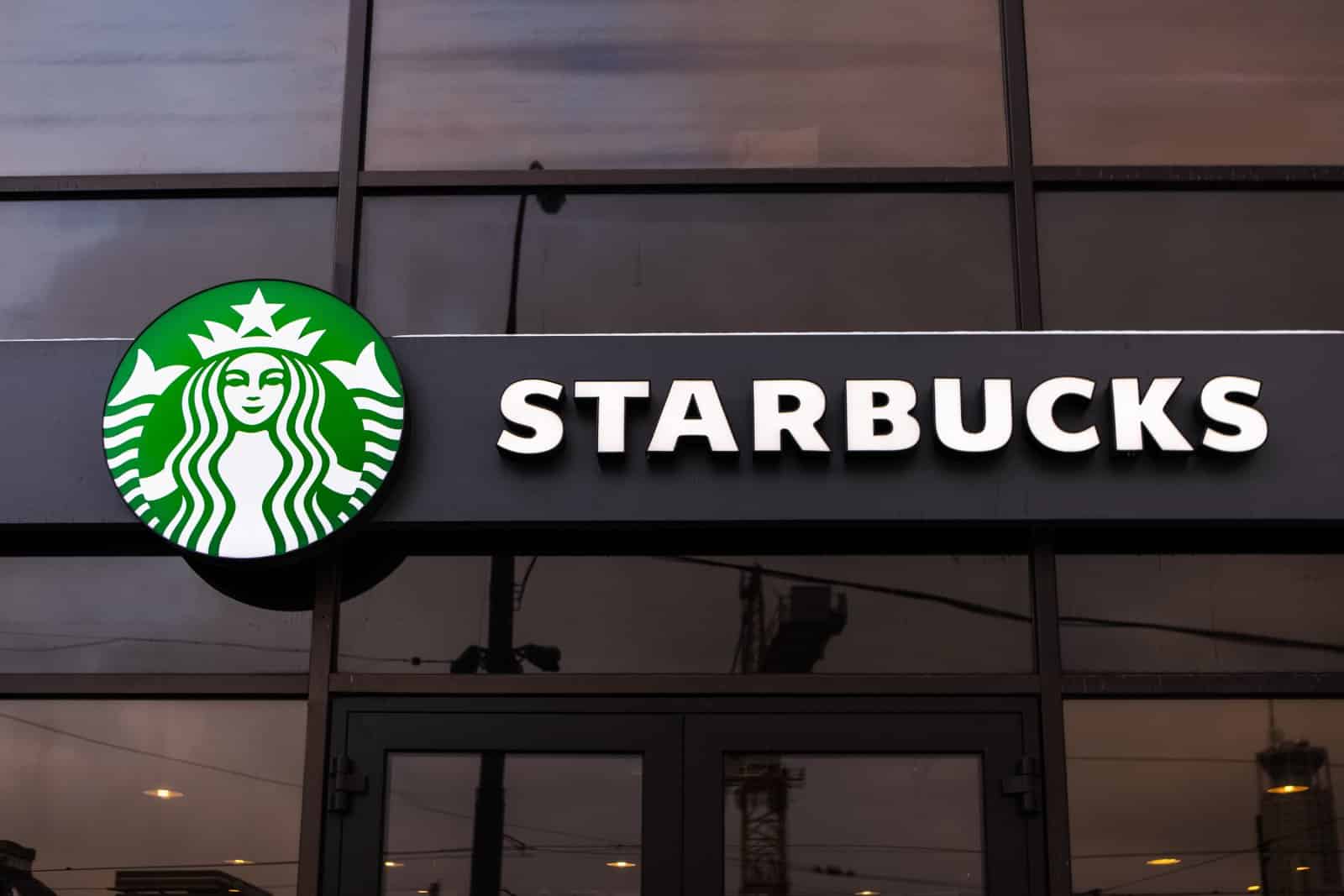
Starbucks claimed its paper cups were recyclable, but the reality is that less than 1% of them are actually recycled due to their plastic lining.
#8. BP’s Beyond Petroleum Facade
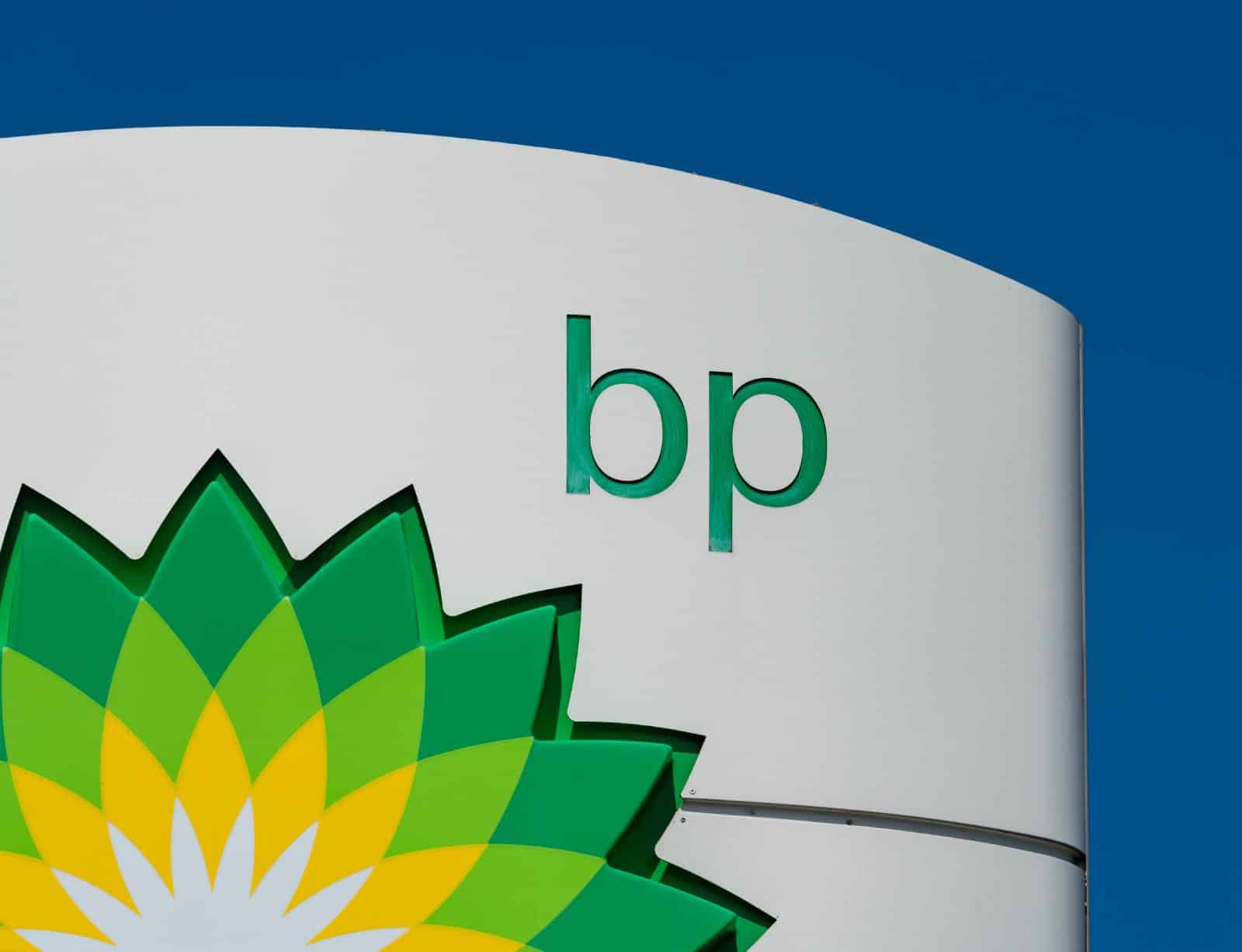
BP rebranded to Beyond Petroleum, focusing on green energy. However, the majority of their budget is still dedicated to oil and gas.
#9. Fiji Water’s Carbon Negative Claim
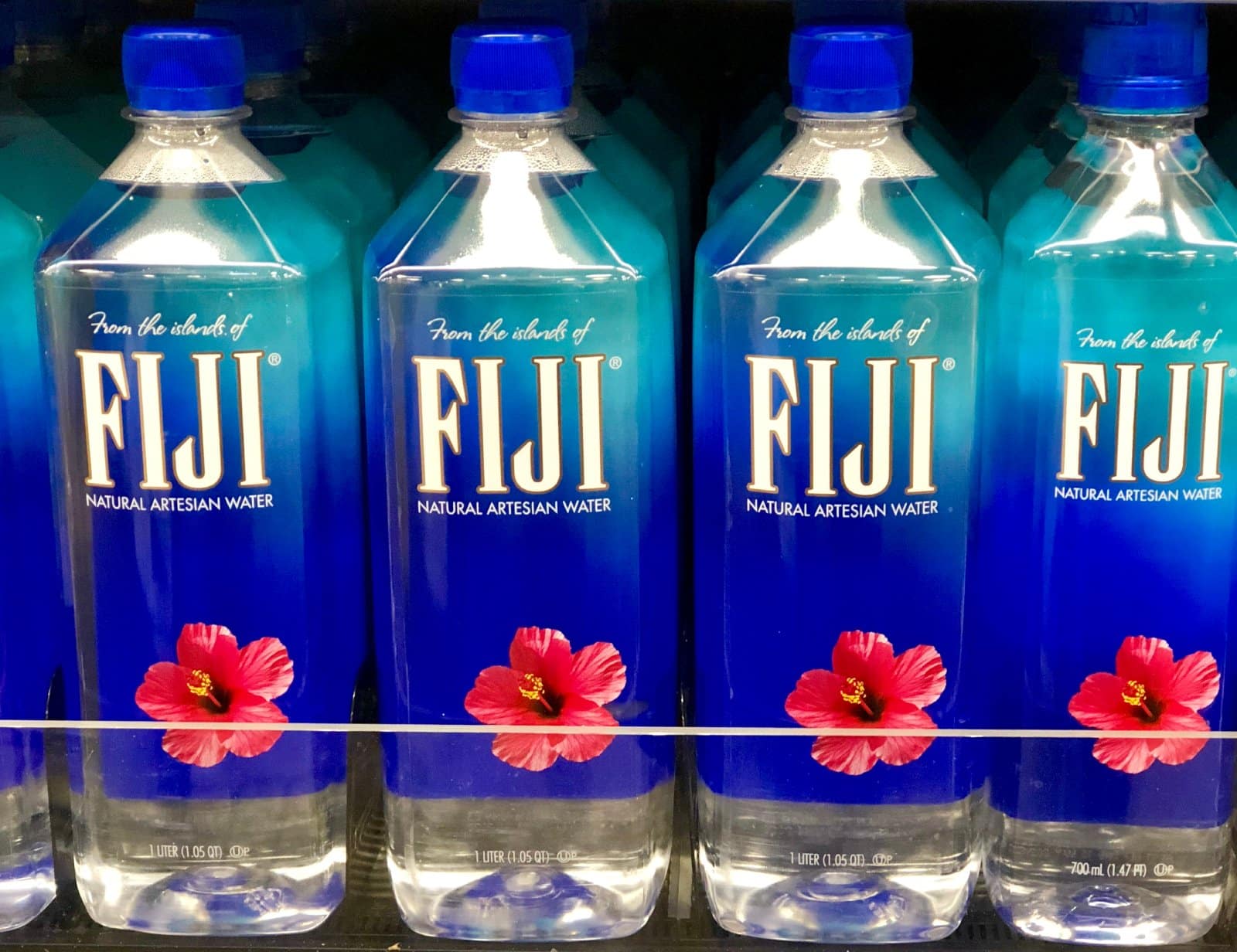
Fiji Water once advertised as “carbon negative,” an audacious claim considering the significant carbon footprint of shipping water globally.
#10. Apple’s Energy Misrepresentation
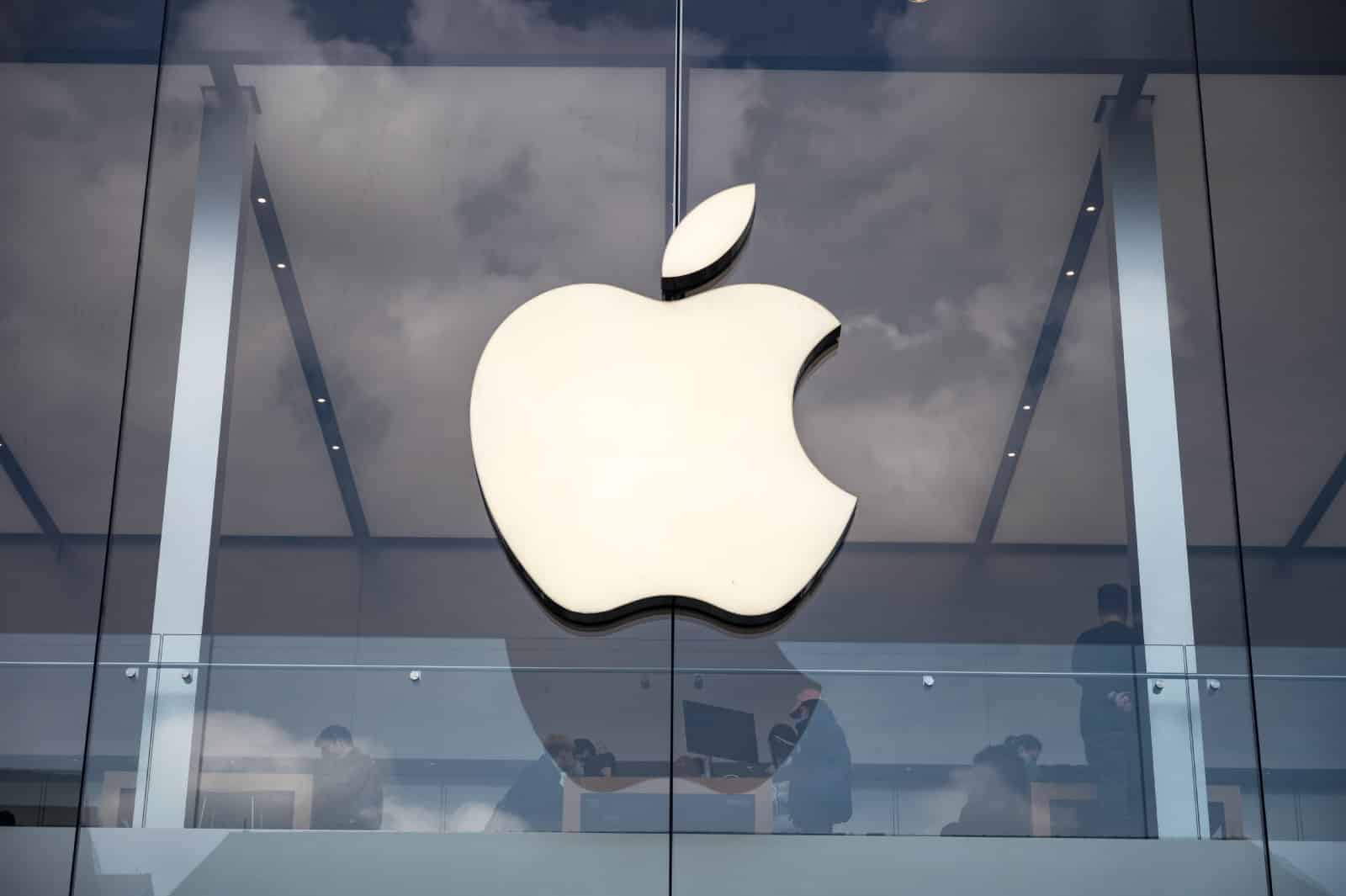
Apple was called out for overstating the green energy use in its facilities, counting new developments that were not yet operational.
#11. Hyundai and Kia’s Fuel Efficiency Exaggeration
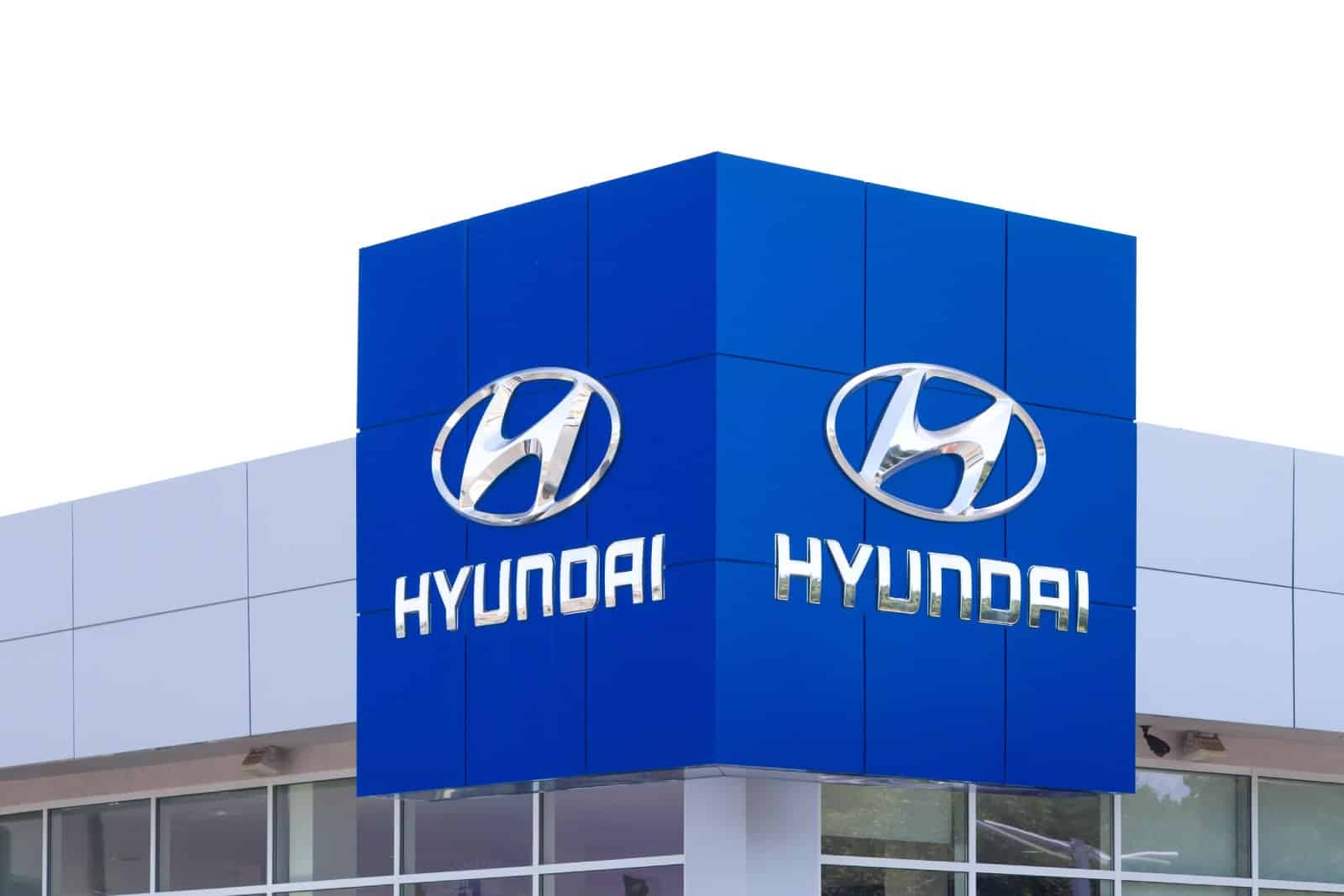
Hyundai and Kia faced fines and lawsuits for overstating the fuel efficiency of their cars, misleading consumers about their environmental impact.
#12. American Electric Power Greenwashing
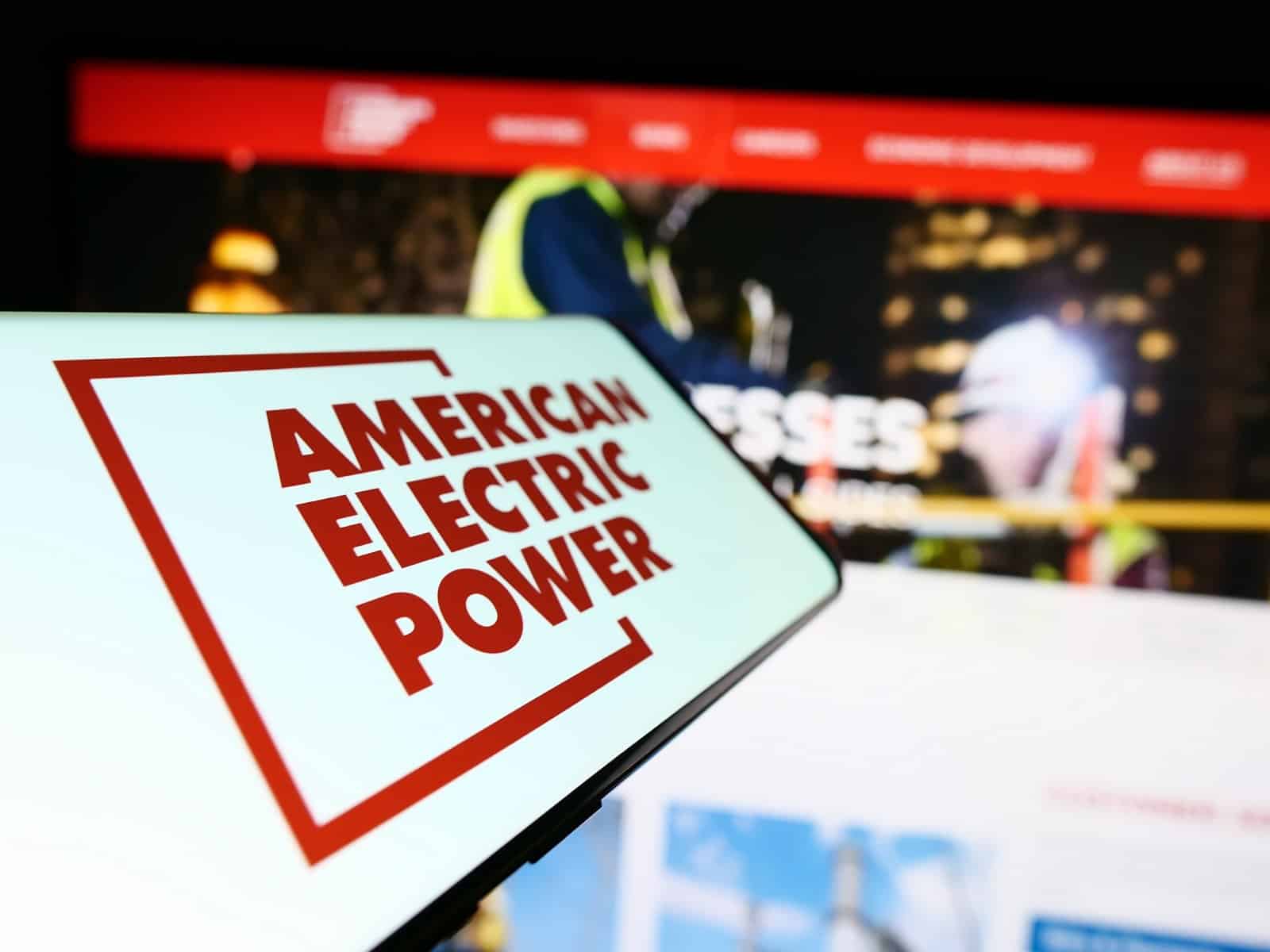
American Electric Power was fined for claiming their coal plants were environmentally sustainable, while in fact, they were among the highest polluters.
#13. SeaWorld’s Eco-Friendly Image

After intense scrutiny over treatment of marine life, SeaWorld attempted to rebrand itself as a conservation leader, despite ongoing ethical concerns.
#14. Coca-Cola’s Recycling Promises
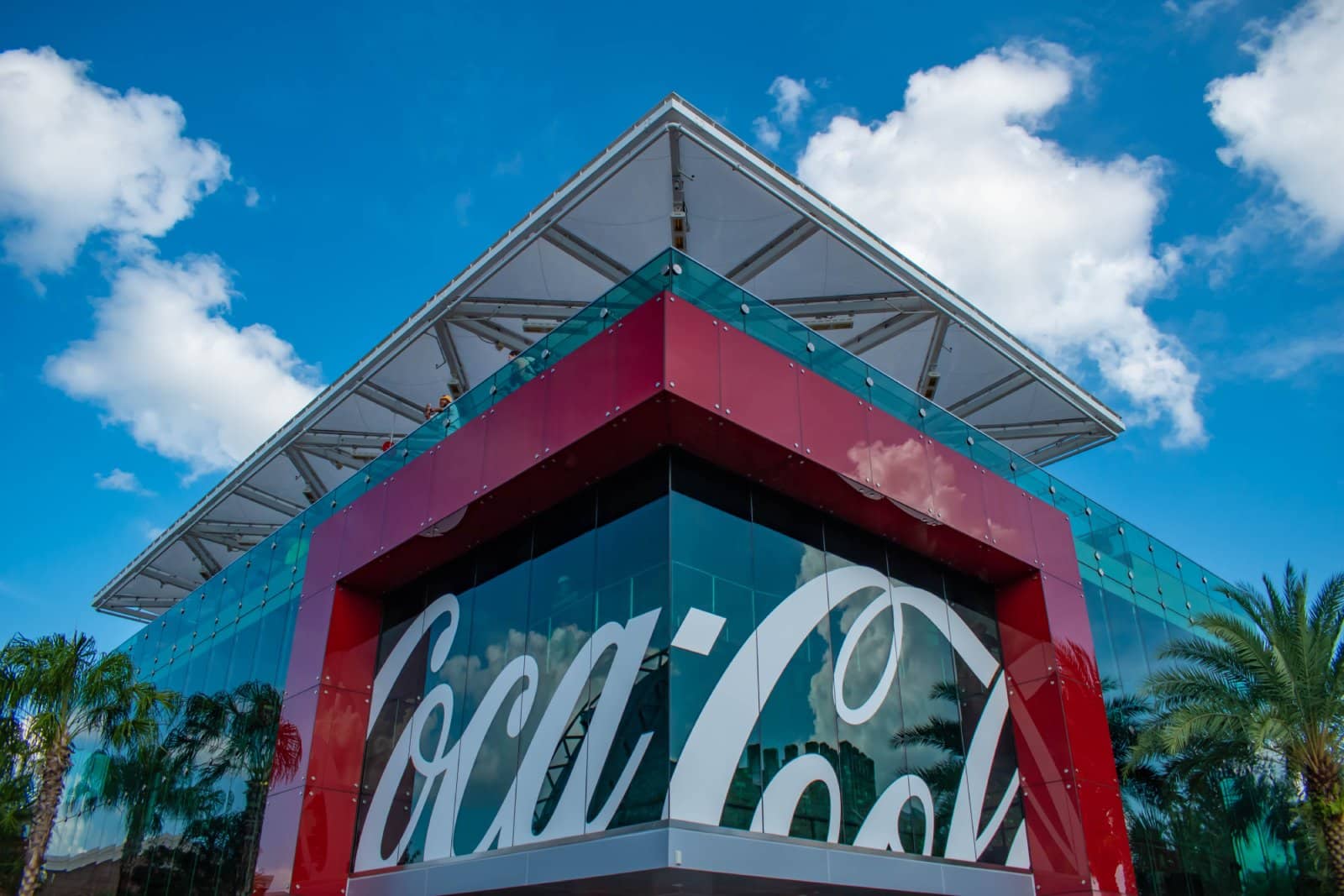
Coca-Cola’s ambitious recycling goals were overshadowed by their contribution to global plastic pollution, producing over 3 million tons of plastic packaging annually.
#15. Volkswagen’s “Clean Diesel” Repeated Offense
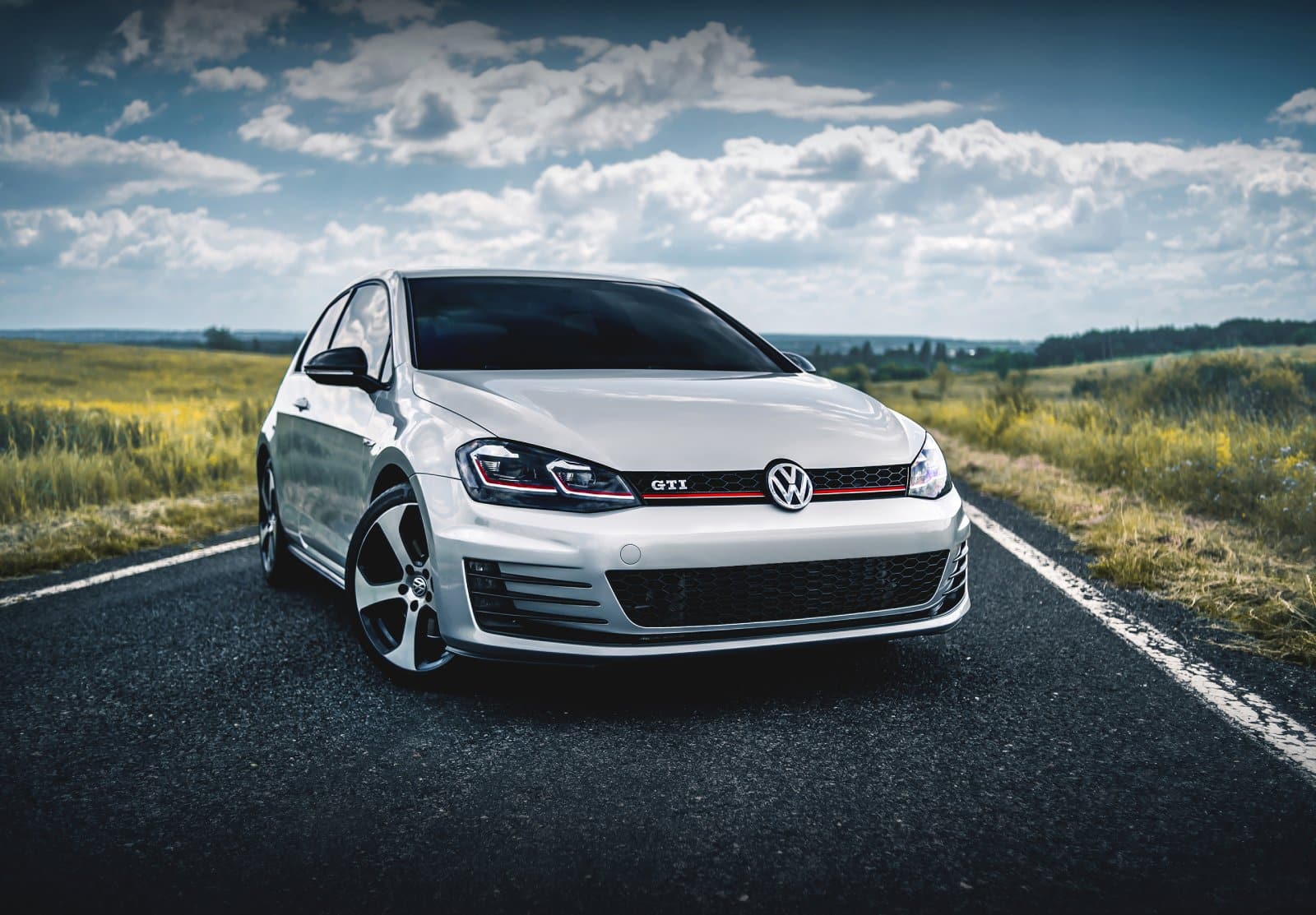
Volkswagen continued to push “clean diesel” technology even after being caught in the initial emissions cheating scandal.
#16. Monsanto’s Biodegradable Plastic
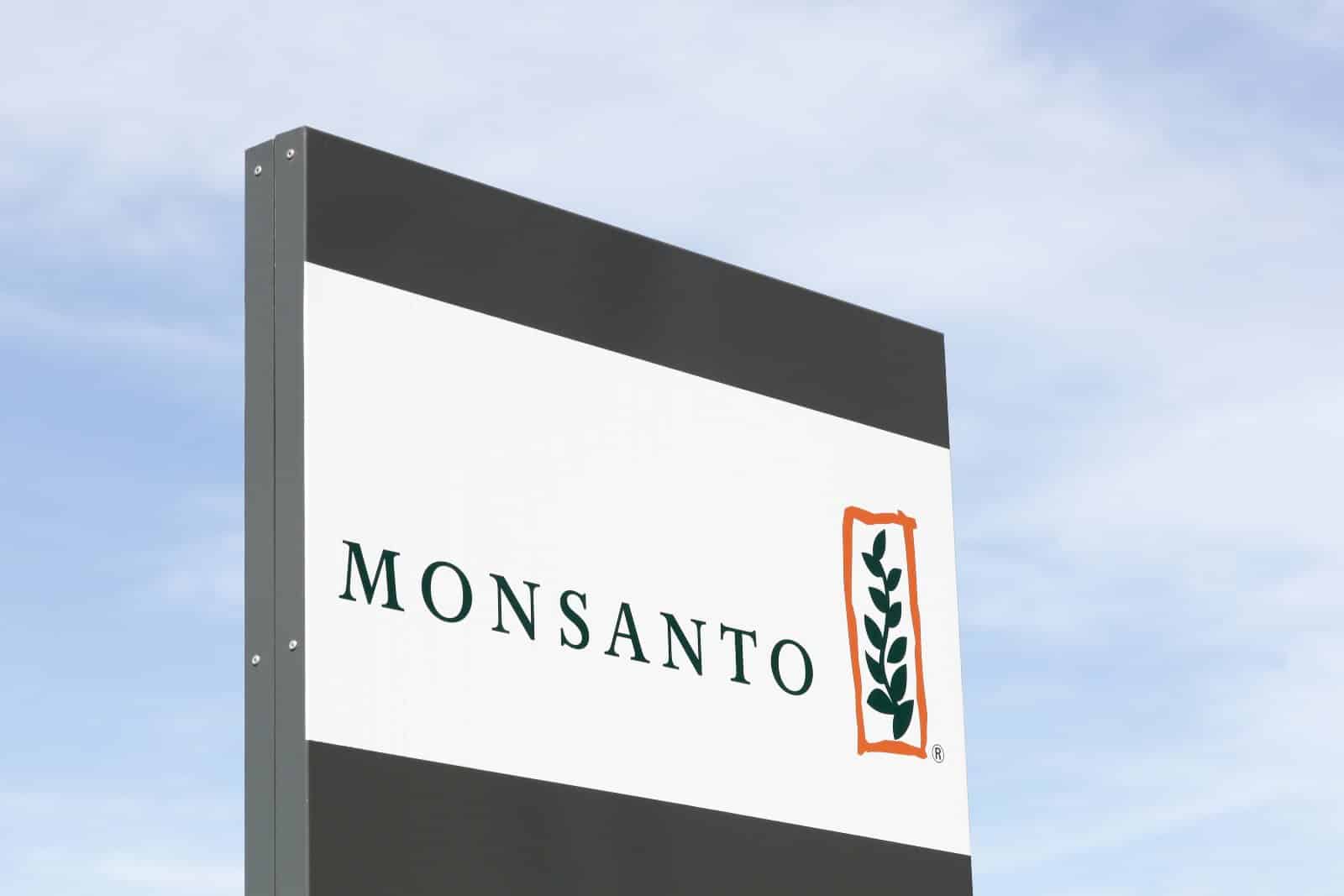
Monsanto promoted a supposedly biodegradable plastic that failed to degrade as advertised, leading to widespread environmental criticism.
#17. BASF’s Eco-Label Misuse
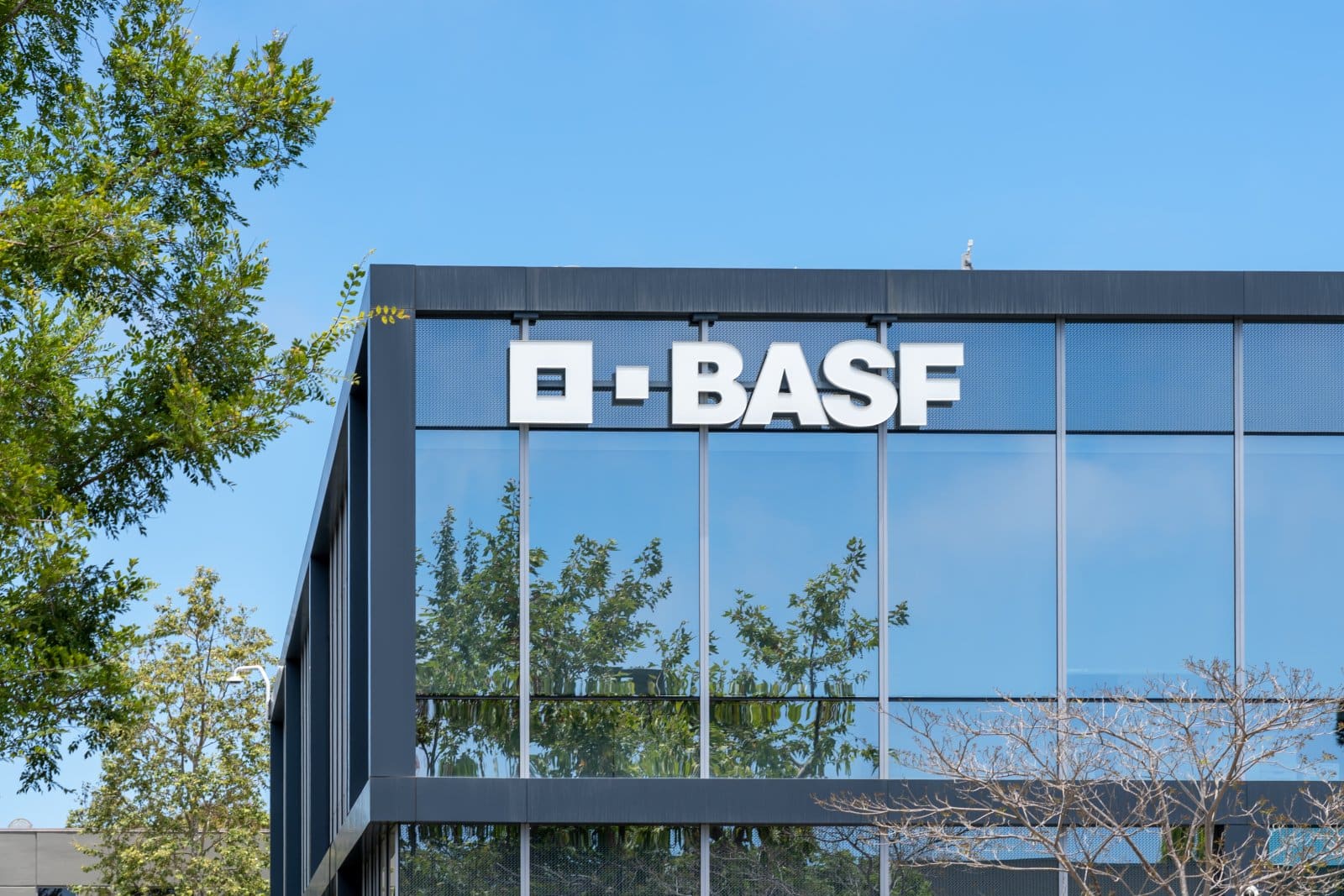
BASF wrongly advertised products with the eco-label despite them containing substances harmful to the environment.
#18. DuPont’s Chemical Disposal
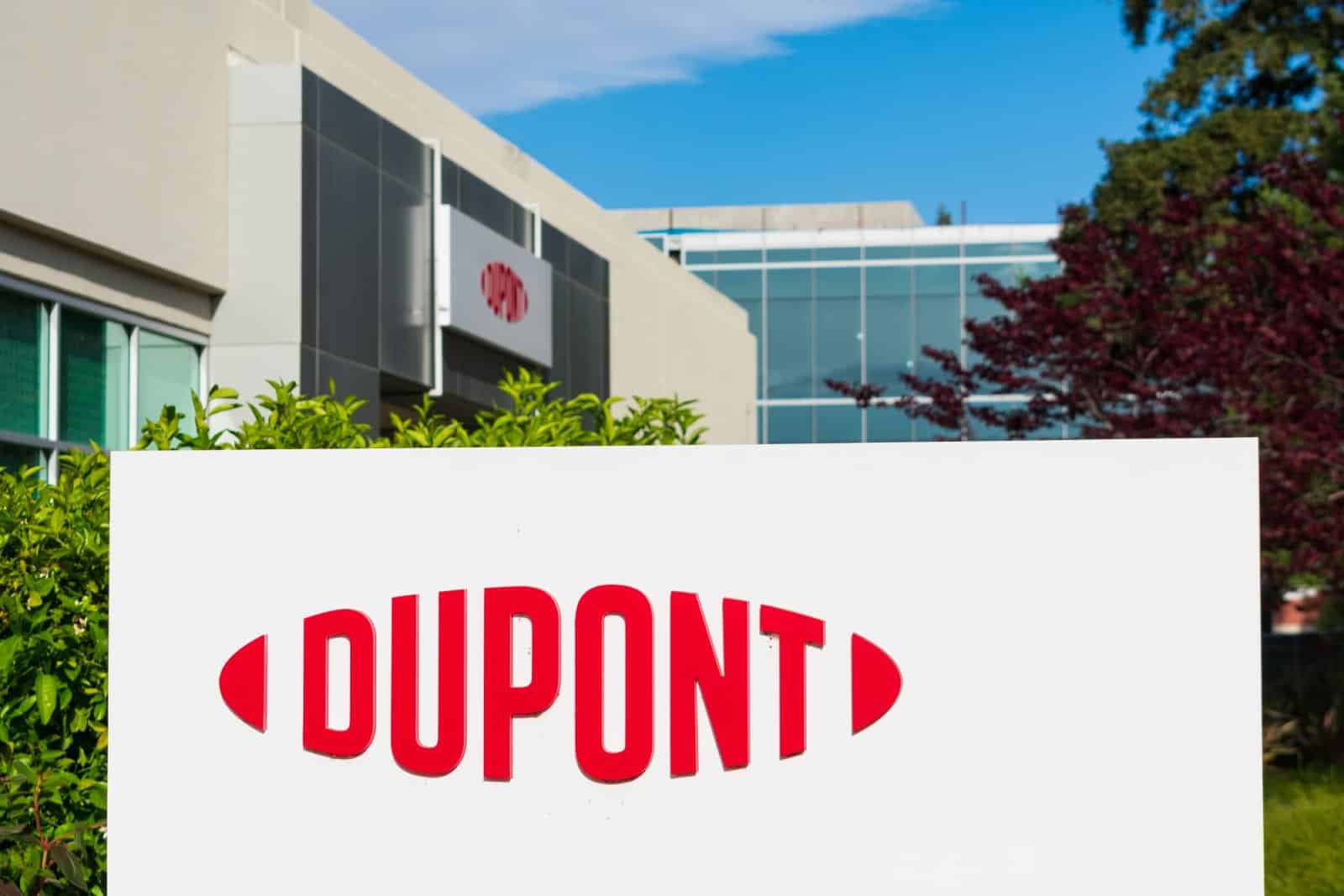
DuPont faced lawsuits for hiding information about harmful chemicals used in their operations that were not as environmentally friendly as advertised.
#19. Green Mountain Energy’s Misleading Sales Tactics
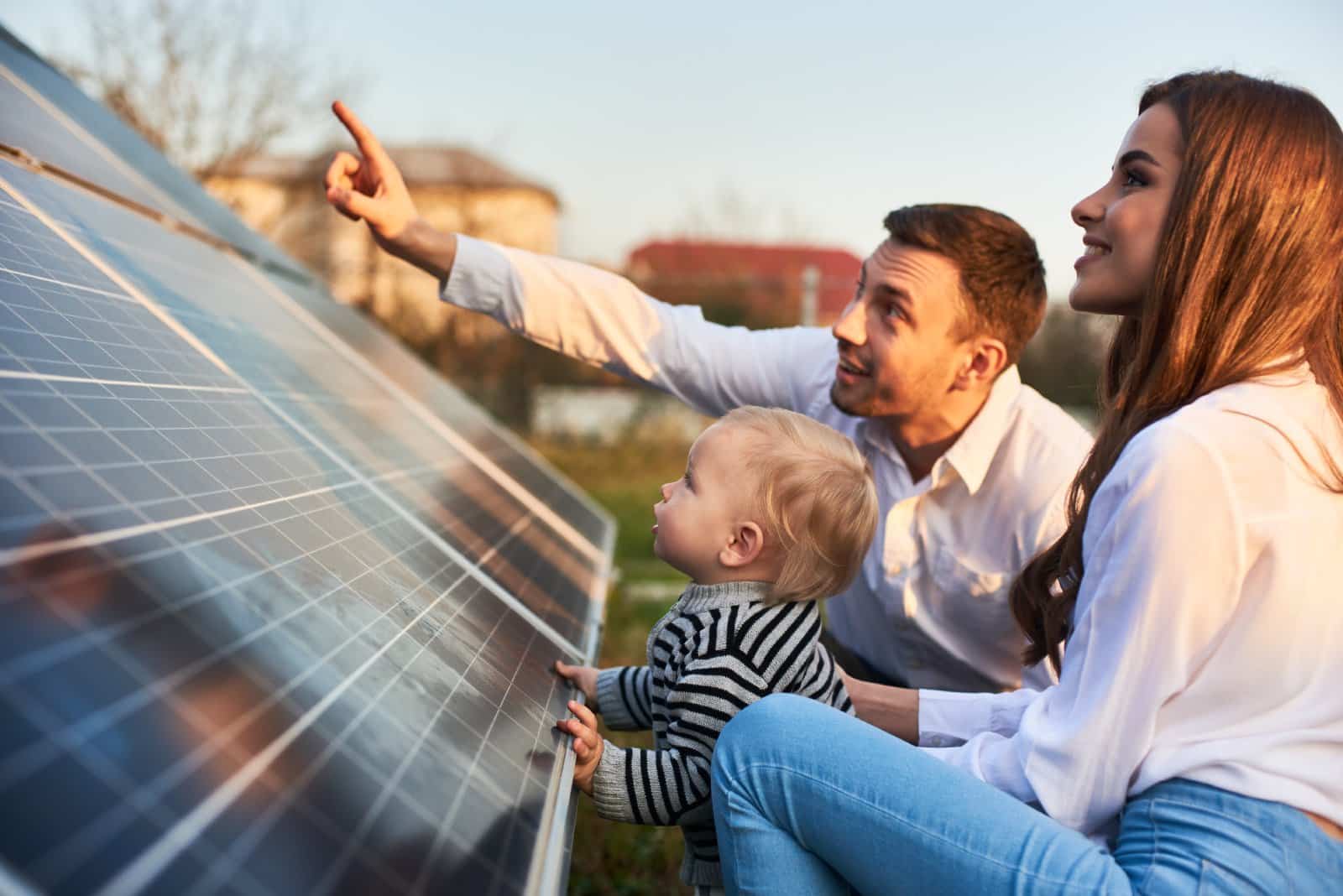
Green Mountain Energy’s sales representatives misled customers about rates and potential savings on their clean energy solutions.
#20. IKEA’s Illegal Timber Use

IKEA was caught using illegally harvested timber from protected forests, despite its claims of sustainable sourcing practices.
Rethink What You Know About “Green” Companies

Next time you hear a brand bragging about its environmental efforts, remember these stories and take a deeper look—because sometimes, what’s marketed as green is just a facade.
Remote No More: 19 Companies Returning to the Office

As the pandemic wanes, companies are recalling remote workers back to the office, sparking debates on fairness, costs, and convenience. However, there are also notable productivity, coworking, and mental health benefits to consider. Feeling the effects of these changes? Remote No More: 19 Companies Returning to the Office
8 Costco Must Buys and 8 to Leave Behind

Ever wandered Costco’s aisles, questioning if that giant jar of pickles is a real bargain? Or debated buying tires where you get your rotisserie chicken? Welcome to the definitive guide to Costco shopping—a journey to save money, prevent regrets, and offer quirky insights into bulk buying. 8 Costco Must Buys and 8 to Leave Behind
23 Reasons Texas Is the Next Big Thing

Texas is becoming a beacon of opportunity, blending cultural heritage with economic growth. From its landscapes to its industries, the Lone Star State offers a dynamic lifestyle. Here are 23 reasons why Texas stands out, attracting entrepreneurs, artists, tech professionals, and families seeking new beginnings. 23 Reasons Texas Is the Next Big Thing
15 Top Sites to Sell Your Unwanted Goods Besides Craigslist

Selling your unwanted items can declutter your space and boost your income. While Craigslist is popular, there are many alternatives with unique features and wider audiences. Explore these 15 Craigslist alternatives for selling everything from furniture to electronics, finding the perfect platform to turn clutter into cash. 15 Top Sites to Sell Your Unwanted Goods Besides Craigslist
Work from Anywhere: 19 Companies Still Supporting Remote Work

Tired of commuting and craving work flexibility? You’re not alone. Many companies now offer remote work, benefiting both employees and employers. Ever wondered how this shift could enhance your work-life balance? Work from Anywhere: 19 Companies Still Supporting Remote Work
The post – 20 Times Companies Got Caught Lying About “Going Green” – first appeared on Liberty & Wealth.
Featured Image Credit: Shutterstock / Monkey Business Images.
The content of this article is for informational purposes only and does not constitute or replace professional financial advice.
For transparency, this content was partly developed with AI assistance and carefully curated by an experienced editor to be informative and ensure accuracy.

